10 Former Etiquette Rules That Would Raise Eyebrows Today
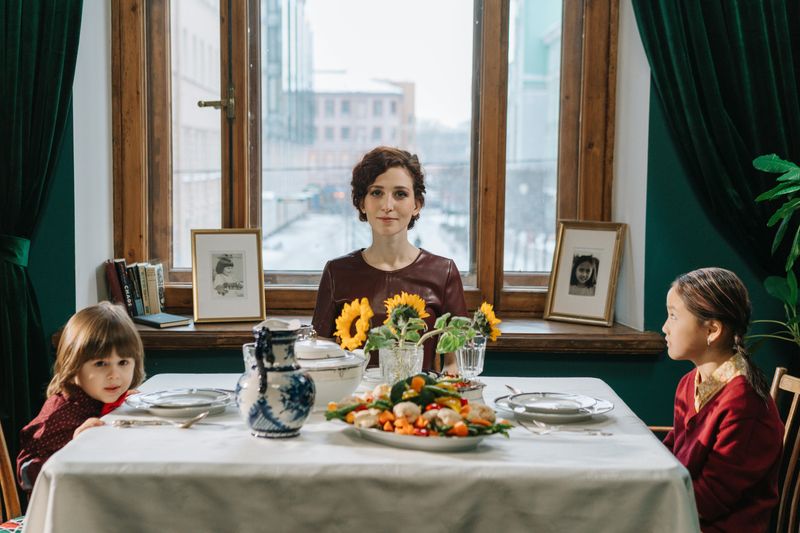
Manners have always been important, but what counts as polite behavior changes over time. Rules that people followed strictly just a few decades ago now seem strange, old-fashioned, or even offensive. Understanding how etiquette has evolved helps us appreciate how society has become more relaxed and accepting of different lifestyles and choices.
1. Women Always Needed Gloves in Public

Back in the early 1900s, no respectable woman would leave her house without gloves. Bare hands were considered improper and even scandalous in polite society. Women wore gloves to church, shopping, parties, and basically everywhere outside their homes.
The gloves had to match the outfit and the occasion too. Different events required different glove lengths and colors. Breaking this rule could damage a woman’s reputation.
Today, gloves are mostly for cold weather or medical purposes. Nobody thinks twice about bare hands anymore. The idea that exposed hands were somehow improper seems ridiculous by modern standards.
2. Men Had to Walk on the Street Side of the Sidewalk

Gentlemen were expected to position themselves between their female companion and the street when walking. This rule came from practical concerns about horses, carriages, and street mud splashing onto clothing. Men were supposed to protect women from these dangers.
The custom became so ingrained that men would switch sides whenever they crossed the street. Failing to do this was considered rude and ungentlemanly. Fathers taught their sons this behavior from childhood.
Nowadays, most people walk wherever is comfortable. Women can protect themselves just fine from the occasional puddle. This chivalrous gesture feels outdated in our equal society.
3. Children Were Expected to Be Seen But Not Heard
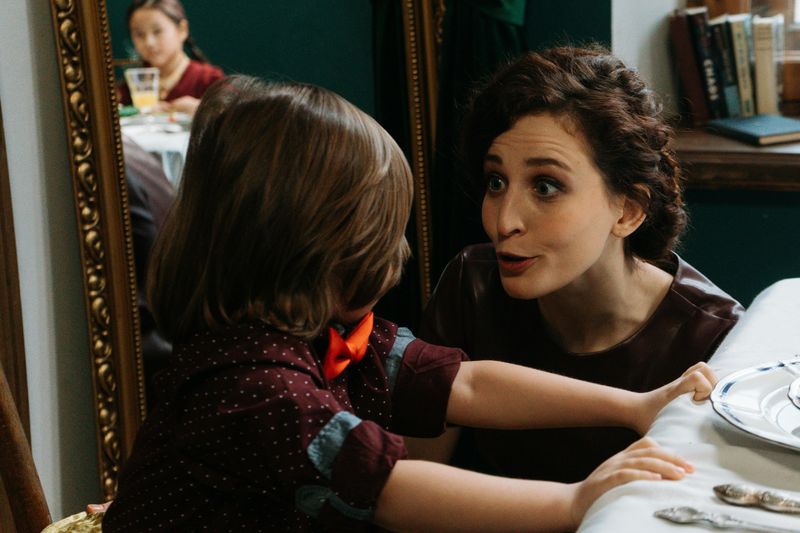
The unspoken rule of Victorian parenting? Children stayed silent unless an adult gave them permission to speak.
Children learned to suppress their curiosity and questions. They waited patiently for permission to speak. Parents viewed obedient silence as a sign of good breeding.
Modern parenting encourages kids to express themselves and ask questions. We now know that communication helps children develop confidence and critical thinking skills. Silencing young voices seems harmful rather than polite today.
4. Married Women Had to Take Their Husband’s Full Name
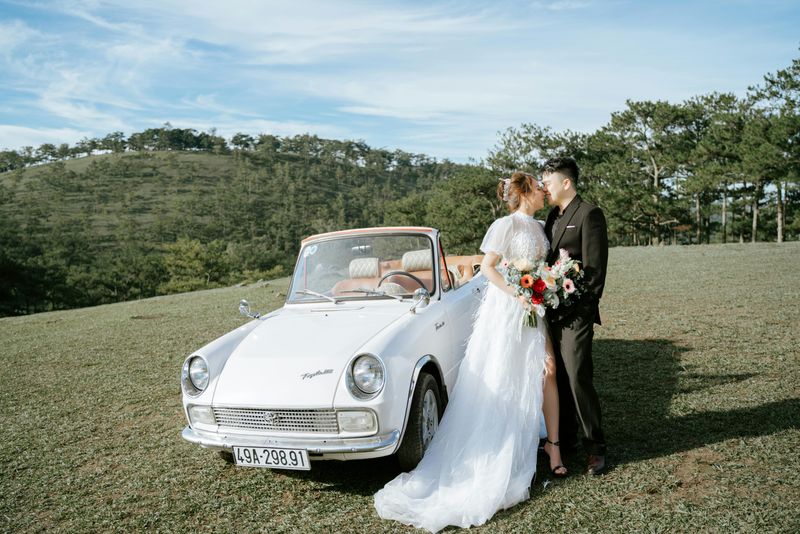
A bride didn’t just take her husband’s last name—she took his entire name in formal situations. Mrs. John Smith was the proper way to address a married woman, not Mrs. Mary Smith. Her own first name essentially disappeared from formal correspondence.
This practice reflected the legal concept that married women were their husband’s property. Women lost their individual identity upon marriage. Using her own first name was considered improper in polite society.
Today, women keep their first names no matter what. Many choose to keep their maiden names entirely or hyphenate. The idea of erasing a woman’s identity through marriage feels completely wrong now.
5. Elbows Never Belonged on the Table
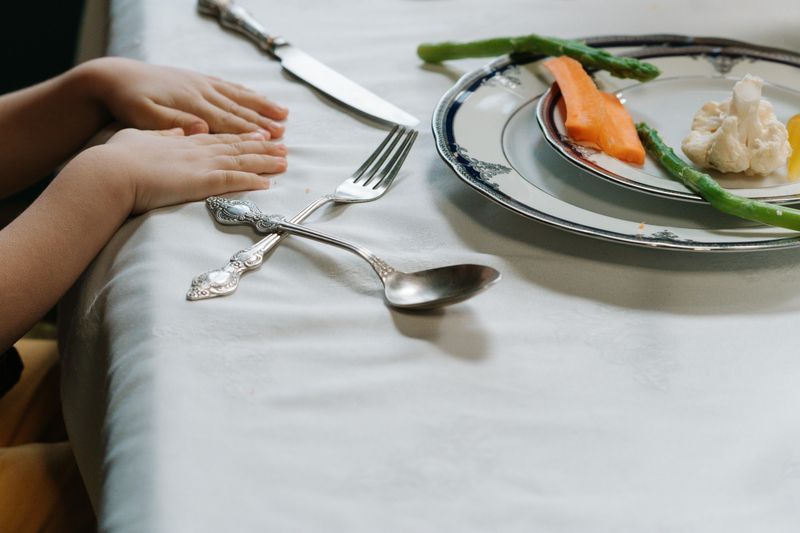
Resting your elbows on the dining table was one of the worst manners violations imaginable. Parents constantly reminded children to keep elbows off the table during meals. This rule applied even between courses when no food was being eaten.
The reasoning came from medieval times when tables were less sturdy. Leaning could tip the whole thing over. Eventually it just became a sign of refinement and proper upbringing.
While formal dinners might still discourage it, most casual meals today are much more relaxed. People rest their elbows comfortably without anyone batting an eye. Strict enforcement of this rule seems unnecessarily rigid now.
6. Women Couldn’t Wear Pants in Public
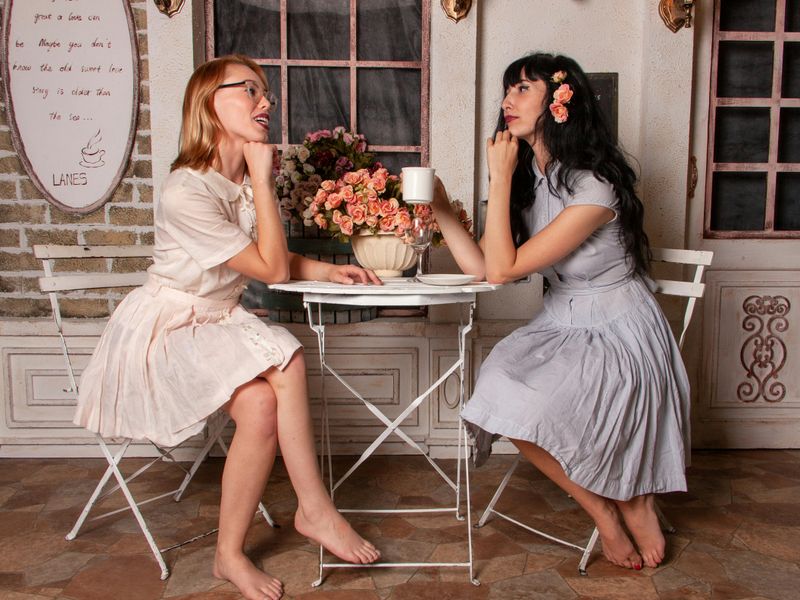
For most of history, pants on women were considered shocking and inappropriate. Women were expected to wear dresses or skirts at all times in public. Wearing pants could get a woman arrested in some places or denied entry to restaurants and businesses.
Even when women started working in factories during wartime, pants were controversial. Society viewed them as masculine and improper for ladies. The fashion choice was seen as a moral issue.
Women now wear whatever they want without judgment. Pants are professional, comfortable, and completely normal. The idea that clothing has a gender seems outdated and restrictive by today’s standards.
7. Thank You Notes Were Mandatory for Everything

Every gift, dinner invitation, or kind gesture required a handwritten thank you note sent within days. Failure to send one was a serious social mistake that people would gossip about. Proper stationery and penmanship were essential parts of good breeding.
People kept track of who sent notes and who didn’t. Your reputation depended on promptly acknowledging every kindness. Even a phone call wasn’t acceptable—only a written note would do.
While thank you notes are still nice, most people now send quick texts or emails. Sometimes a verbal thanks is perfectly fine. The strict formality around gratitude has definitely loosened in our fast-paced digital world.
8. Unmarried Couples Couldn’t Live Together
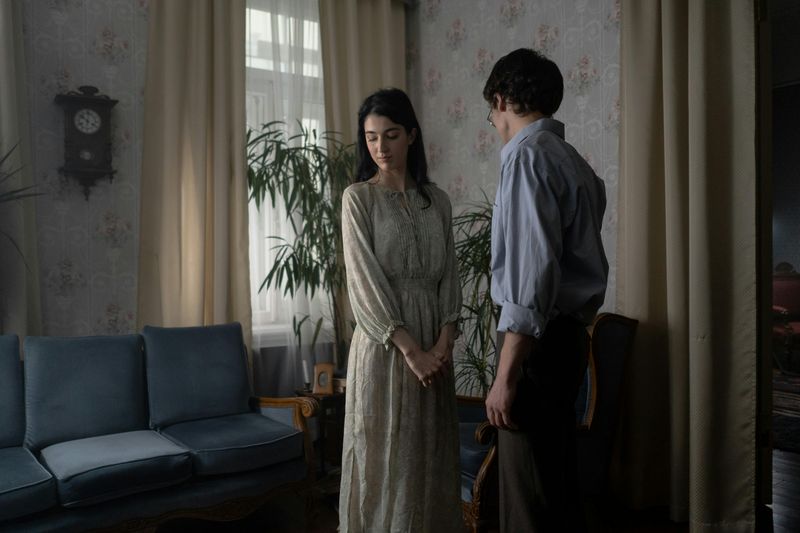
Living together before marriage was scandalous and often illegal. Landlords could refuse to rent to unmarried couples. Families would disown children who cohabitated. Society viewed it as immoral and shameful behavior.
Couples had to hide their living arrangements or face serious consequences. Neighbors would gossip and judge. Even employers might fire someone for this lifestyle choice.
Cohabitation before marriage is completely normal now. Most couples live together before getting married. What once seemed scandalous is now considered practical and smart. Times have definitely changed regarding relationship choices.
9. Dinner Guests Brought Specific Hostess Gifts

At a dinner party back then, arriving empty-handed was a big no-no. Gifts like flowers or wine weren’t just expected—they had to be just right for the occasion.
There were detailed rules about what gifts were acceptable. Certain flowers had meanings that could offend. The wrong choice could create awkward social situations.
While bringing something is still thoughtful, the strict requirements have relaxed. Many hosts actually prefer guests not to bring anything. A simple thanks or offering to help clean up works fine today.
10. Phone Calls Had Specific Time Restrictions

Calling someone before 9 AM or after 9 PM was extremely rude. People followed strict schedules for telephone etiquette. Even calling during dinner hours was considered inconsiderate and intrusive.
Families had one shared phone line, so calls disrupted everyone. Long conversations tied up the line for neighbors on party lines. Phone time was precious and carefully managed.
Cell phones have completely changed communication rules. People text at all hours without thinking twice. The idea of specific calling times seems quaint when we’re connected 24/7. Constant availability is now the norm.

Comments
Loading…